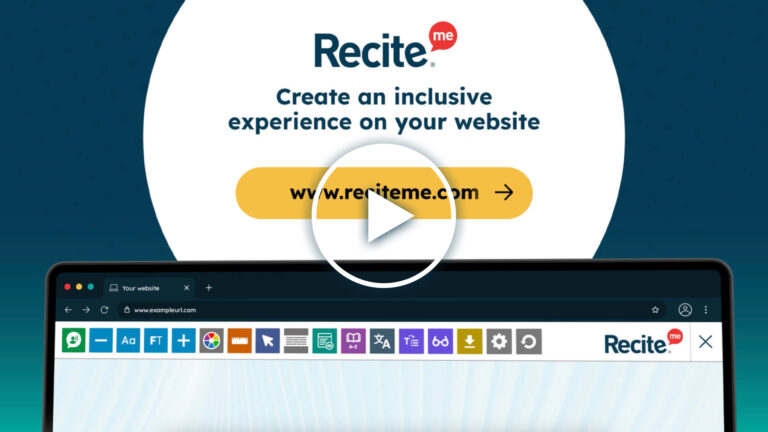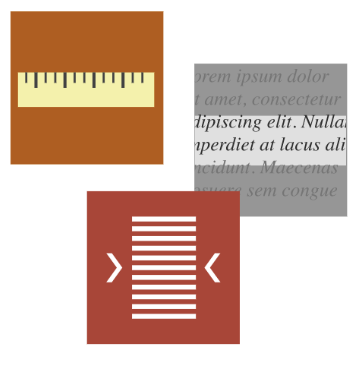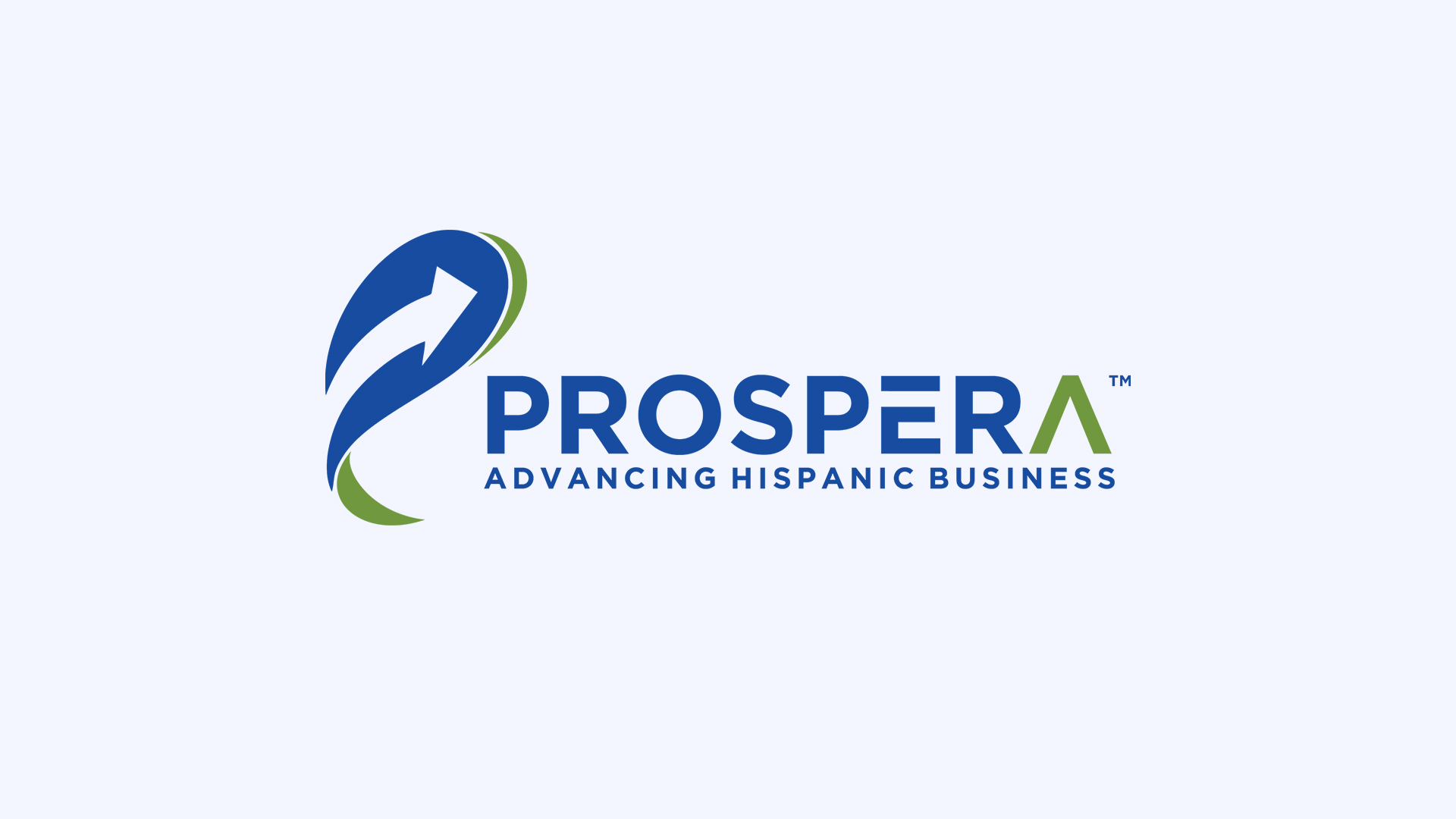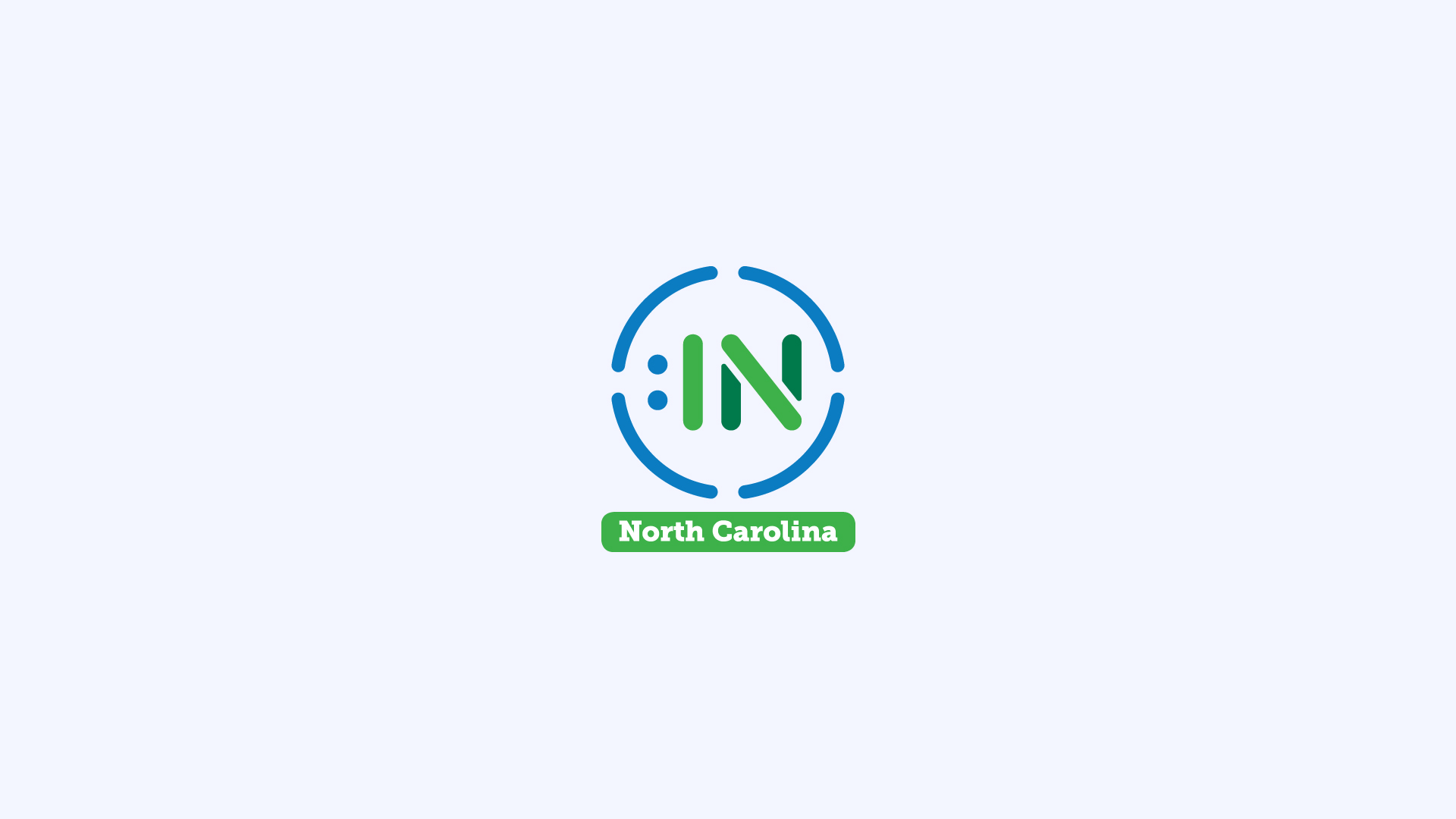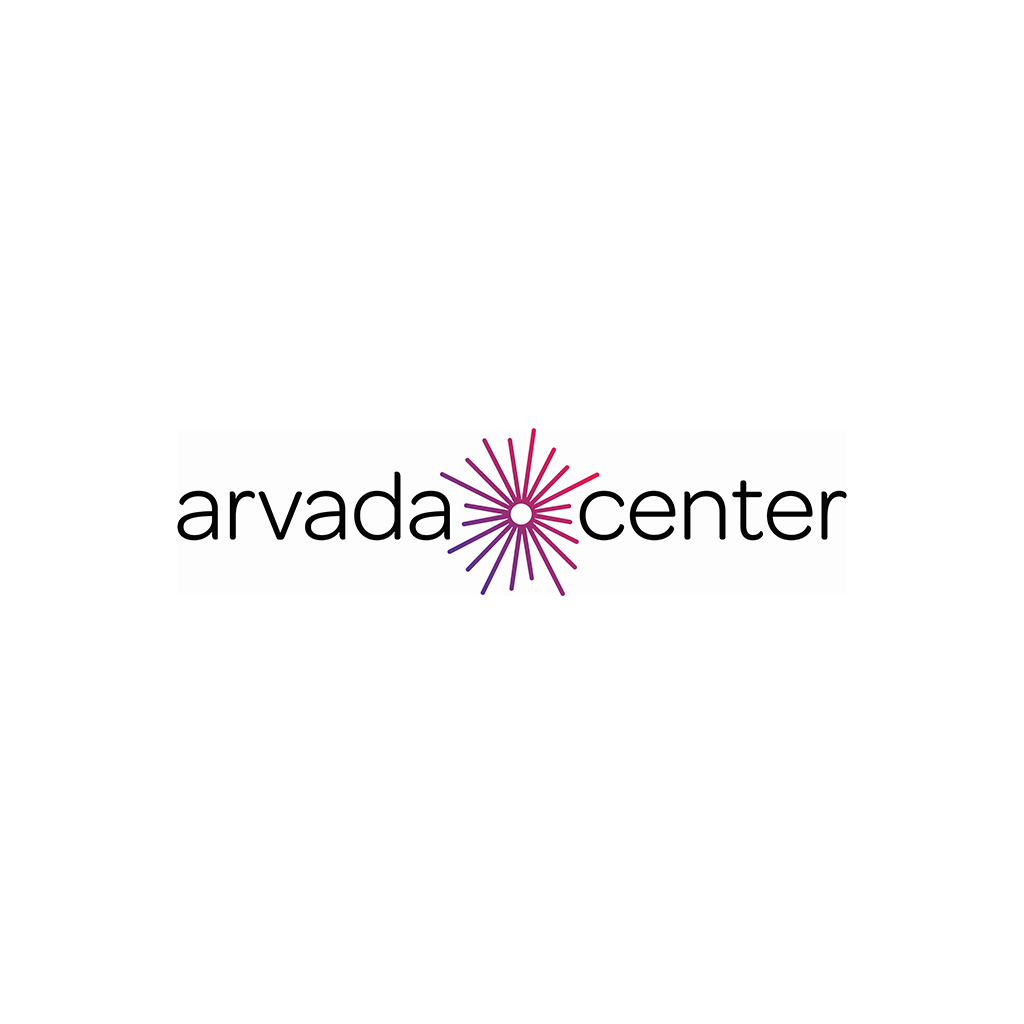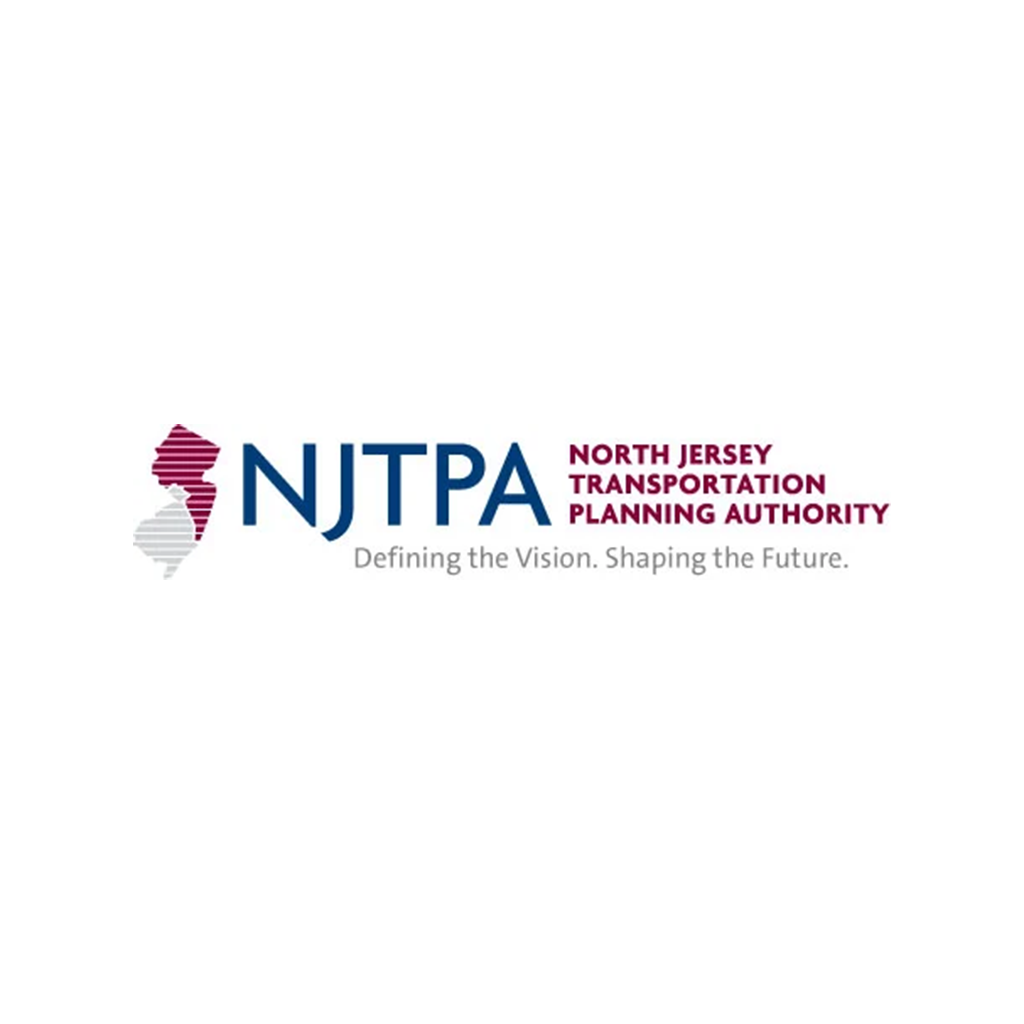
- Dr. Lennor M. Johnson
- Superintendent/President, Imperial Valley College

- "Language and accessibility should never be a barrier to opportunity. By expanding support tools on our website, we are taking an important step to ensure all members of our community can access the resources they need in a format that works best for them. These enhancements reflect our belief that equity is crucial when serving a diverse and multilingual community like ours."
- Dr. Lennor M. Johnson
- Superintendent/President, Imperial Valley College
